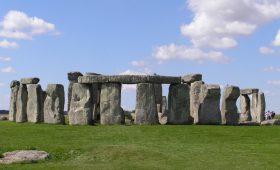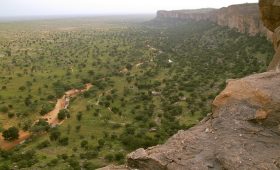Kunduz, Afghanistan
History and Culture
Kunduz, a city with a rich tapestry of history, was once a significant hub along the ancient Silk Road. Known historically as Drapsaka, it was a center of Buddhist learning in the 3rd century AD. The city has been known by various names, including Aornos and Walwalij, before adopting the name Kuhandiz during the Timurid era. In the 18th and 19th centuries, it served as the capital of an Uzbek khanate under Murad Beg, whose reign saw the khanate stretch from Balkh to the Pamir Mountains. The decline of this khanate led to its eventual incorporation into Afghanistan in 1859.
Historical Landmarks
- Qala-e-Zal – This ancient fortress stands as a reminder of Kunduz’s strategic importance and offers panoramic views of the surrounding area.
- Spinzar Cotton Company – Founded in the early 20th century by Sher Khan Nashir, this company played a crucial role in making Kunduz one of Afghanistan’s wealthiest provinces.
Natural Beauty
Kunduz is surrounded by diverse landscapes, from fertile agricultural lands to scenic rivers. Known as “the hive of the country,” it is a key agricultural region producing wheat, rice, and millet. The natural beauty of Kunduz offers opportunities for outdoor activities, though visitors should be mindful of the region’s security situation.
Outdoor Activities
- Amu Darya River – Enjoy a peaceful boat ride along this historic river, which has been a lifeline for the region’s agriculture.
Best Time to Visit
Spring and autumn are the ideal times to visit Kunduz, offering mild and pleasant weather. Summers can be hot, while winters may bring cold and snowy conditions. It’s essential to stay informed about the current security situation when planning your visit.
Getting There and Around
Kunduz is accessible via Kunduz Airport, which handles domestic flights. Road travel is another option, though conditions can vary. Once in the city, taxis and rickshaws are common modes of transportation, providing convenient ways to explore the area.
Summary of Facts
- Kunduz has a rich historical background, once serving as a major center along the Silk Road.
- Key historical sites include Qala-e-Zal and the Spinzar Cotton Company.
- The region is known for its agricultural significance and natural beauty.
- Spring and autumn are the best seasons to visit.
- Kunduz can be reached by air or road, with local transport options available.




